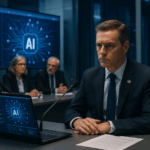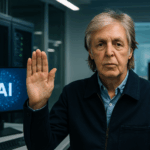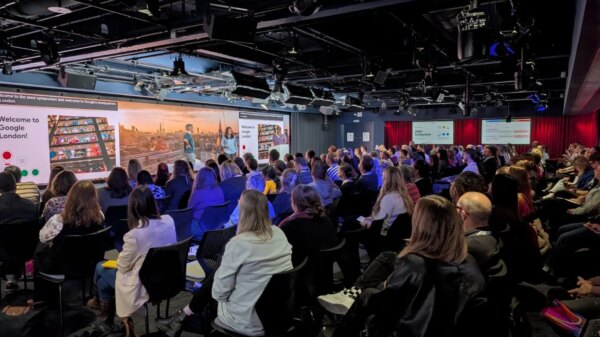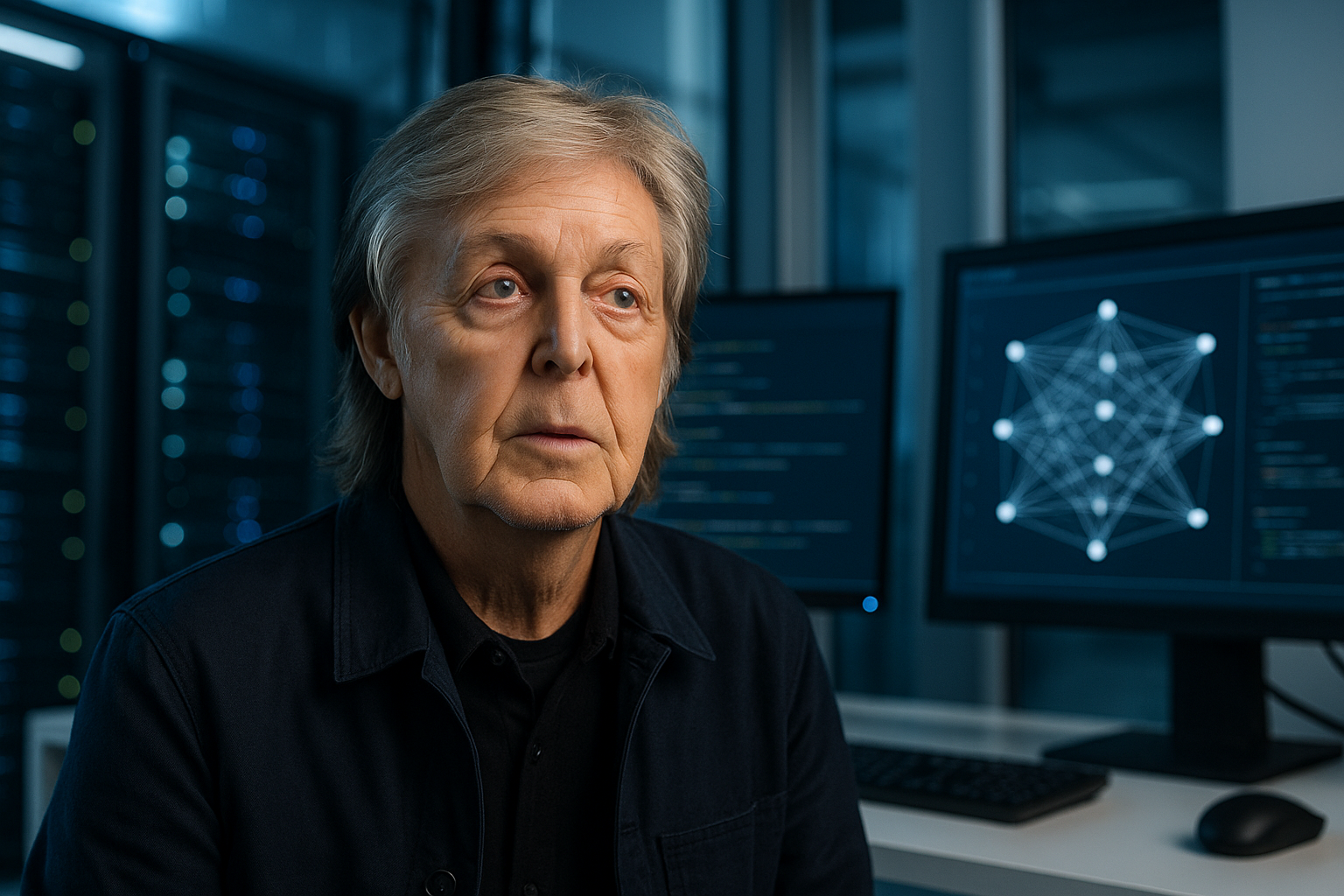In a bold musical statement, Sir Paul McCartney, the legendary 83-year-old former Beatle, has lent his voice to a “silent” track as a form of protest against the UK government’s stance on AI copyright. This unique piece is set to be released as a bonus track on the physical version of the compilation album Is This What We Want?, which initially debuted digitally earlier this year. The album features silent recordings from empty recording studios, emphasizing the critical role of human creativity in music-making.
Over 1,000 artists, including notable names like Kate Bush, Damon Albarn, and Annie Lennox, have contributed their voices to this project. The tracklisting for Is This What We Want? includes a clear message: “The British government must not legalise music theft to benefit AI companies.” McCartney’s involvement highlights a growing concern among artists regarding the implications of AI on their intellectual property.
Artists Unite Against AI Copyright Changes
The physical edition of the album is scheduled for release on December 8, with all profits directed to the charity Help Musicians, which supports artists facing crises. McCartney was among 400 artists who signed an open letter addressed to UK Prime Minister Sir Keir Starmer. This letter urges action to protect their works from unauthorized use in training AI models. High-profile signatories include Sir Elton John, Dua Lipa, and Coldplay, all opposing the government’s proposal that creatives would need to “opt out” of having their work utilized in AI training.
McCartney voiced concerns about this approach, warning that artists could be exploited. He stated, “You get young guys, girls, coming up, and they write a beautiful song, and they don’t own it, and they don’t have anything to do with it. And anyone who wants can just rip it off.” Drawing on his own classic, Yesterday, he emphasized that profits from creative work should rightfully go to the creators. “The truth is, the money’s going somewhere. Somebody’s getting paid, so why shouldn’t it be the guy who sat down and wrote Yesterday?” he remarked.
The Call for Government Responsibility
McCartney’s message to the government was straightforward: “We are the people, you’re the Government. You’re supposed to protect us. That’s your job.” He stressed that if new legislation is introduced, it must prioritize the protection of creative individuals. This call to action resonates deeply within the music industry, highlighting the urgent need for clearer regulations around AI technologies and their impact on artistic integrity.
The tension surrounding AI and copyright is not limited to music alone but reflects broader concerns within the creative sector. As AI continues to evolve, the potential for misuse of artistic works increases, prompting industry leaders to advocate for stronger protections. McCartney’s engagement in this debate adds a significant voice to the ongoing discussions about the future of creativity in an increasingly automated landscape.
Overall, McCartney’s silent track and the accompanying album serve as a poignant reminder of the **crucial need for human artistry** in an era where technology increasingly encroaches upon creative domains. As the conversation surrounding AI and copyright evolves, it remains essential for artists to unite and demand fair treatment and protection for their contributions.
See also Canada’s 2025 Budget Prioritizes AI Adoption, Risks Oversight and Regulation
Canada’s 2025 Budget Prioritizes AI Adoption, Risks Oversight and Regulation Government Embraces AI in Decision-Making Amid Expert Discussions on Ethical Implications
Government Embraces AI in Decision-Making Amid Expert Discussions on Ethical Implications Pharmaceutical Giants Use $4M Dark Money to Influence Republican Elections, Reveals Issue One
Pharmaceutical Giants Use $4M Dark Money to Influence Republican Elections, Reveals Issue One Paul McCartney Protests UK AI Copyright Stance with ‘Silent’ Track on New Album
Paul McCartney Protests UK AI Copyright Stance with ‘Silent’ Track on New Album Welsh Government Launches AI Plan to Boost Public Services and Economic Growth
Welsh Government Launches AI Plan to Boost Public Services and Economic Growth





































































